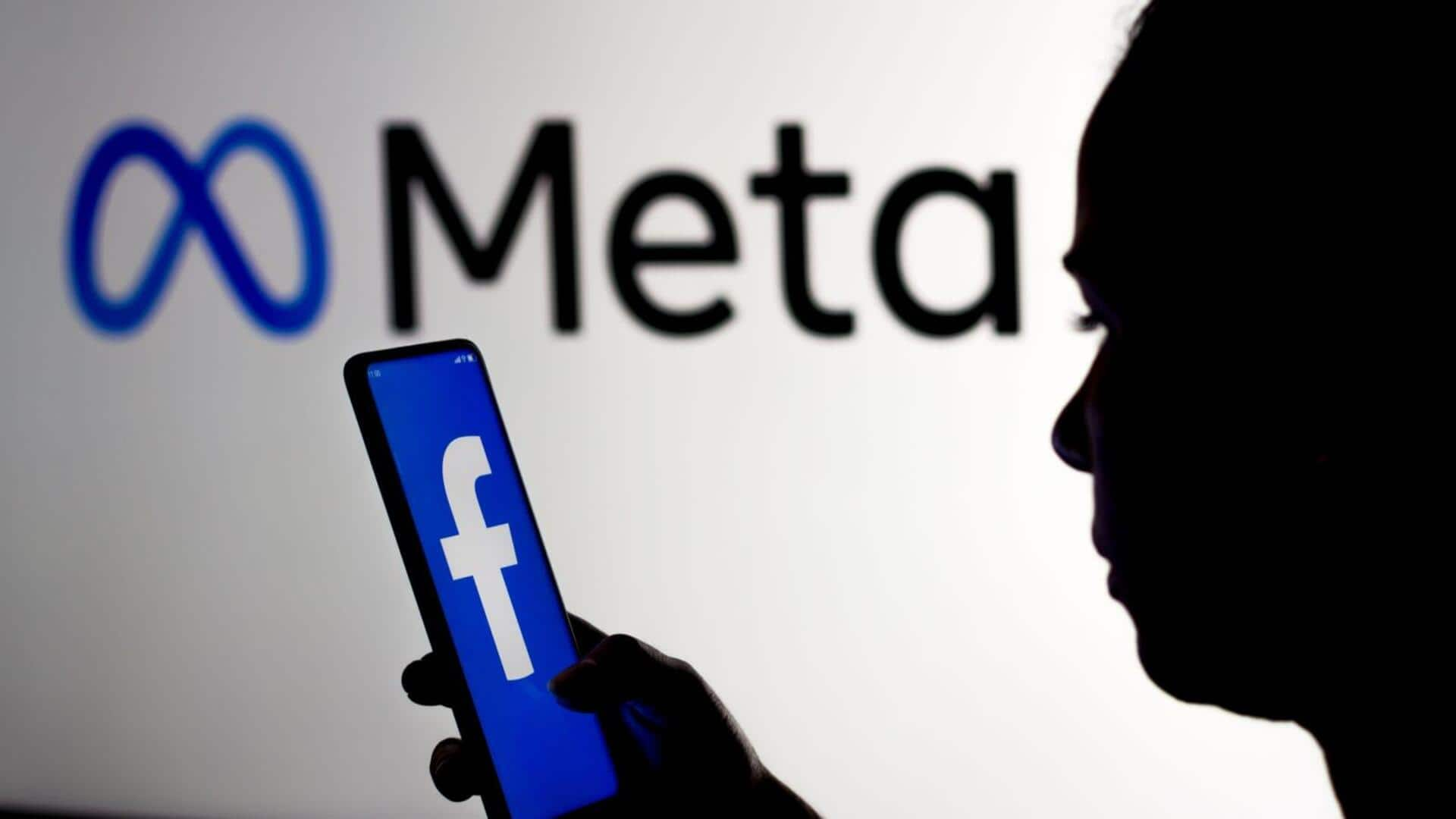
Critics miffed as Meta restricts access to content monitoring tool
What's the story
Meta, the parent company of Facebook and Instagram, has announced plans to replace its data tool, CrowdTangle, with a new one named Meta Content Library this August.
The decision comes just months before the US presidential election.
CrowdTangle is widely used by news outlets, researchers, and regulators to monitor viral content, including misinformation and conspiracy theories.
However, the new tool will only be available to non-profit researchers and academics now.
Concerns
Meta Content Library: A tool with limited access
Meta's new announcement has been seen as a regressive step toward curbing misinformation, especially during the election season.
The five-month notice period before the transition is intended to allow users to complete their ongoing projects.
However, the tool's capabilities have been curtailed over time due to reporting that has irked Meta executives and changes in data-sharing products necessitated by evolving regulations and privacy standards.
Positives vs Negatives
New features and limitations in Meta Content Library
The Meta Content Library, hosted by the Inter-University Consortium for Political and Social Research at the University of Michigan, is currently under development.
It will offer new features not available on CrowdTangle, including access to data on public comments.
However, researchers have expressed concerns about its limitations.
For instance, it lacks a feature that allows analysis of social media activity in specific locations and restricts users from downloading data from public posts by elected officials.
Researchers not impressed
Researchers express concerns over new tool
Researchers have voiced mixed reactions to the new tool developed by Meta.
Cody Buntain, a researcher at the University of Maryland, mentioned that the timing of CrowdTangle's termination in August, could disrupt research into political maneuvering on Meta's platforms ahead of election day.
Rebekah Tromble from George Washington University noted that while the new tool has potential, it currently limits data search results and restricts data downloads from public posts by elected officials.
Future course
Meta's track record and future plans
Meta has pledged to continue developing the new tool, promising to add more features and data sets based on feedback from early users.
However, researchers have expressed skepticism due to Meta's history of making big promises and then backtracking.
Despite these concerns, Meta maintains that its new tool will provide more access to platform data than rivals TikTok and Google's YouTube, which generally limit data access to academics in the US and Europe.